Eczema Awareness Month is a dedicated time to shine a light on a condition that affects millions worldwide. If you’re one of the many eczema sufferers, you’re likely familiar with the challenges of managing this skin condition. October aims to educate, support and empower those living with eczema by providing valuable insights into its causes, treatments and management strategies. In this comprehensive guide, we’ll explore everything from identifying different types of eczema to practical treatment options. Whether you’re newly diagnosed or have been living with eczema for years, our goal is to offer information and resources that can help you lead a more comfortable life.
What is Eczema?
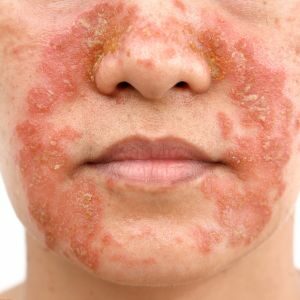
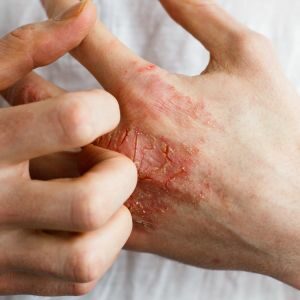
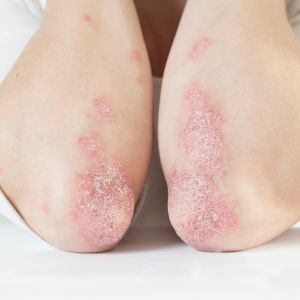
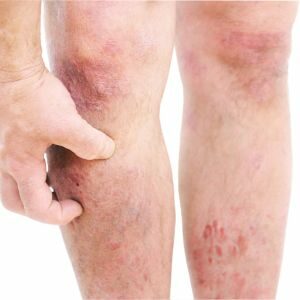

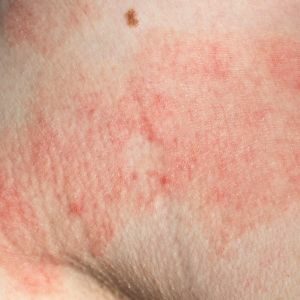
What Causes Eczema?
Types of Eczema and Dermatitis
Atopic Dermatitis
Seborrheic Dermatitis
Contact Dermatitis
Dyshidrotic Eczema
Symptoms and Identification
Eczema symptoms can range from mild to severe and vary greatly between individuals. Common symptoms include dry, sensitive skin, red or inflamed patches and intense itching. Some people experience oozing or crusted lesions, while others may develop thickened, leathery skin due to prolonged scratching.
Identifying these symptoms early can lead to more effective management. It’s important to note that symptoms can change over time, even within the same individual. Keeping track of how your skin reacts in different circumstances can provide valuable insights for your dermatologist.
If you suspect you have eczema, seeing a healthcare professional for a proper diagnosis is essential. They can differentiate between the various types of dermatitis and recommend appropriate treatment options. Catching eczema early can prevent more serious complications and improve your quality of life.
How to Treat Eczema
Eczema treatment focuses on relieving symptoms and preventing future flare-ups. While there’s no cure, several strategies can help manage the condition effectively. Topical treatments are often the first line of defence. These include corticosteroids, which reduce inflammation and moisturisers that help maintain the skin’s barrier function.
In more severe cases, systemic treatments such as oral medications and biologics may be considered. These aim to address the underlying inflammatory response. Phototherapy, a treatment involving exposure to ultraviolet light, can also be effective for some individuals.
Prevention and Long-Term Management
Is Eczema Contagious?
Eczema Treatments in London
Eczema Awareness Month is a time to learn about this condition and support those affected. Understanding the causes, types and treatments can help you better manage your skin health. Remember, you’re not alone—professional guidance can make a big difference.
Take charge of your eczema journey — book a consultation today for personalised advice and treatment options.


